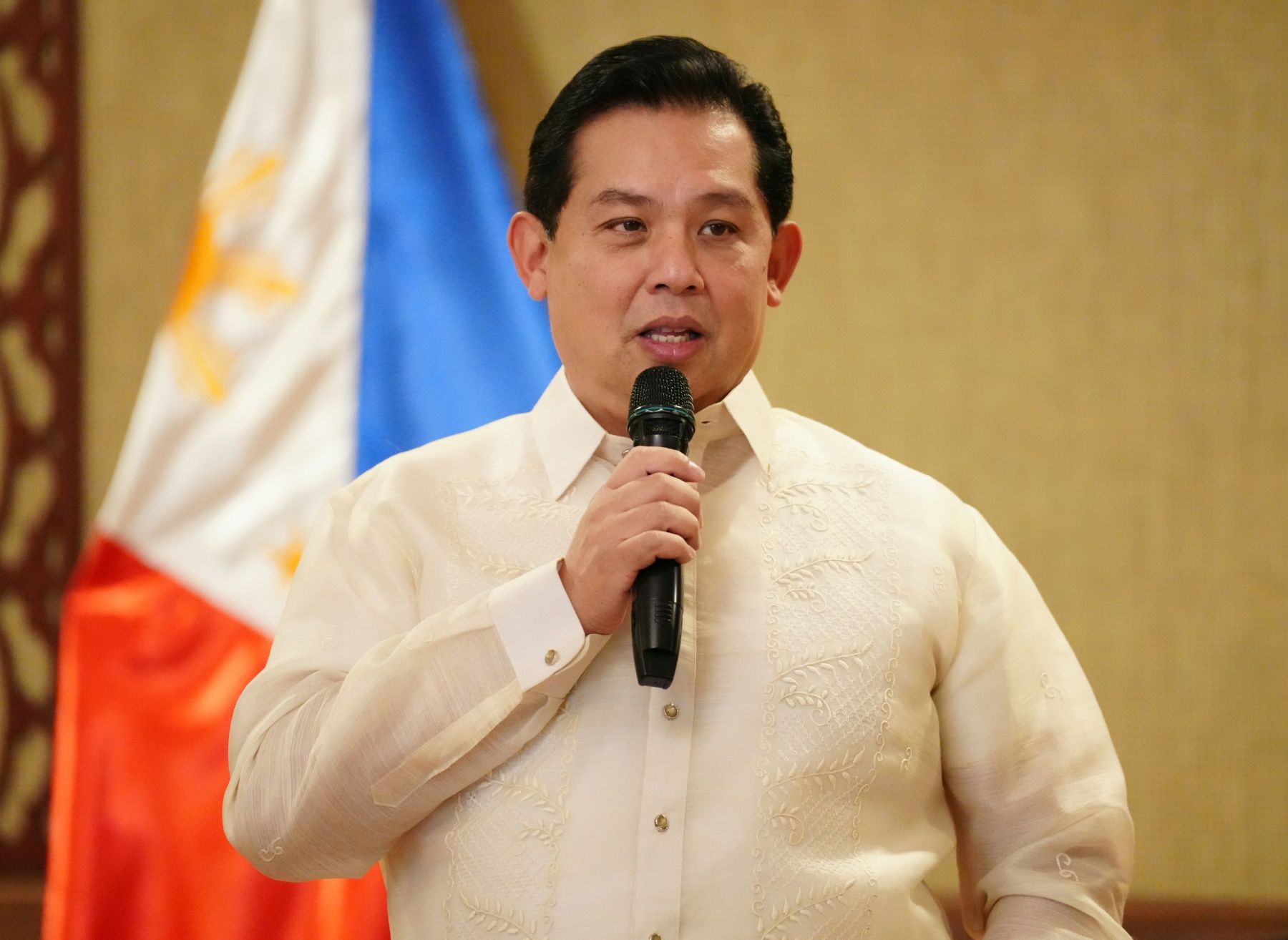Former House Speaker Martin Romualdez once framed his September 17 resignation as a noble sacrifice. An act meant to clear the way for an unfettered investigation into alleged corruption in flood-control projects.
But what was initially portrayed as a gesture of accountability has now collided with a far harsher political and legal reality.
The very probe he vowed not to influence has advanced to a point where the Independent Commission for Infrastructure (ICI) and the Department of Public Works and Highways (DPWH) have moved to file cases against him before the Office of the Ombudsman, marking a dramatic escalation in a scandal that has already shaken the highest tiers of government.
Romualdez stepped down amid intensifying allegations and rising public outrage over anomalous infrastructure spending.
Contractors had begun naming him in sworn statements, and discrepancies in flood-control contracts were piling up.
Though he insisted he had committed no wrongdoing, he conceded that clinging to power risked further damaging both the House of Representatives and the credibility of the ongoing probe.
His resignation triggered a full institutional transition, not a temporary leave. An outcome that now serves as a significant barrier to any attempt to reclaim the Speakership.
The situation darkened for Romualdez when the ICI and DPWH earlier turned over their evidence to the Ombudsman.
Their joint report cites alleged irregularities in project bidding, questionable contractor links, and testimony pointing to possible kickback schemes involving millions in public funds.
President Ferdinand Marcos Jr., Romualdez’s own cousin, has publicly ordered investigators to pursue the case “without fear or favor,” signaling that political protection, once assumed, can no longer be taken for granted.
These developments strike at the heart of Romualdez’s prospects for a political comeback.
Even before the case-filing recommendations, a return to the Speaker’s rostrum was a difficult climb. House rules dictate that a resigned Speaker cannot simply reassume power as the chamber must undergo a full leadership reorganization.
That process has already produced interim alliances and ambitions that complicate any bid for reinstatement.
Several factions had been restless under Romualdez’s leadership even before the scandal erupted, and some lawmakers have quietly warned that any attempt by him to return could provoke outright rebellion from blocs eager to cement new power centers.
The optics of a comeback are even more perilous. Romualdez had cast his resignation as a stand for accountability.
Any effort to claw his way back while facing potential graft or plunder charges risks being seen as a brazen political maneuver.
Among a public already fatigued by corruption scandals and wary of elite impunity, such a move could be viewed as a cynical attempt to reclaim leverage before the legal tide fully turns.
The Palace has repeatedly stressed that stepping down does not shield Romualdez from liability.
The Ombudsman’s findings and the possibility of formal charges, now loom as the most decisive factors shaping his political future.
Even if cleared, the stigma of the investigation may linger long enough to weaken his influence within his party, Lakas-CMD, and erode confidence among former allies.
Romualdez’s defenders insist that he remains a formidable political figure capable of staging a return.
But as the investigation deepens and the threat of prosecution becomes more real, the window for that comeback narrows.
What was once seen as a temporary retreat increasingly looks like a turning point from which even a seasoned power broker may find it difficult to recover.
#WeTakeAStand #OpinYon #OpinYonNews #Politics #ICI #DPWH

